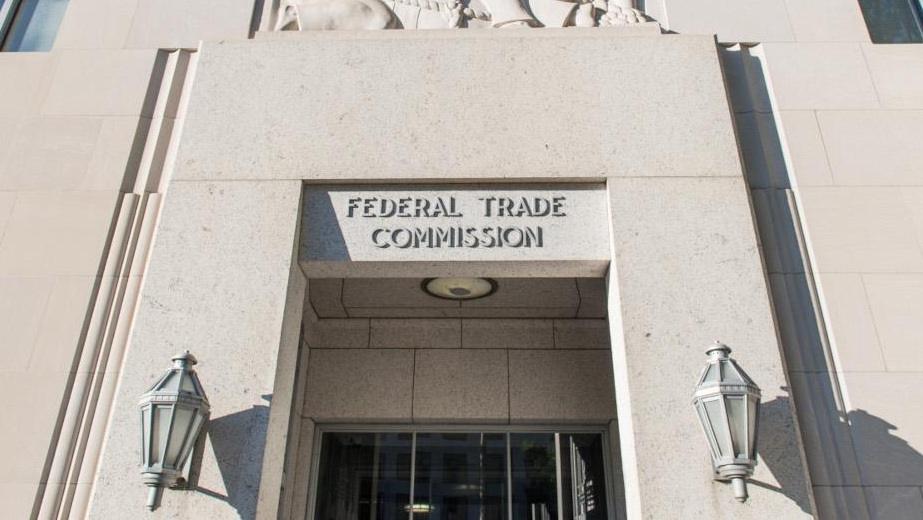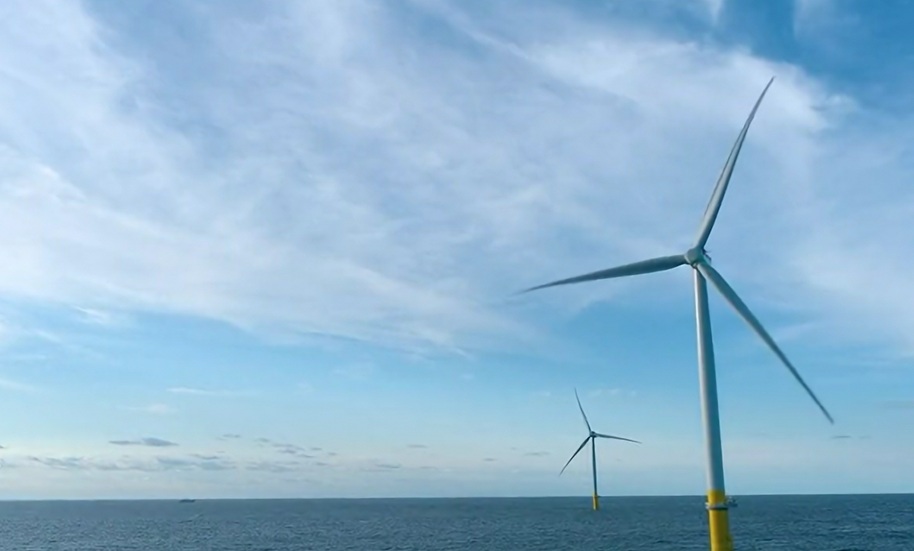U.S. FTC Drops Antitrust Investigation Against Volvo, Daimler After Truckmakers Commit to Not Enforce California Emissions Reduction Agreement
The U.S. Federal Trade Commission (FTC) announced that it has closed an investigation into truck and engine manufacturers including Volvo Group, Daimler Truck, International Motors, and PACCAR, after receiving commitments from the companies that they will not enforce an agreement with the California Air Resources Board (CARB) aimed at reducing greenhouse gas emissions in the heavy-duty trucking sector.
The truck and engine companies also launched a lawsuit against CARB and California Governor Gavin Newsom, aimed at stopping the state from enforcing its heavy-duty truck emissions standards, arguing that they conflict with federal regulations.
The agreement, the “Clean Truck Partnership,” was launched between the companies and CARB in 2023, following a series of regulations issued by the regulator, including the Advanced Clean Trucks Regulations (ACT), and the Advanced Clean Fleets Regulations (ACF), requiring manufacturers to sell certain percentages of zero-emission trucks, and the Heavy-Duty Engine and Vehicle Omnibus Regulations, imposing emissions standards on internal combustion engine (ICE) trucks.
In order to enforce the regulations, CARB requested waivers from the EPA in order to prevent them from being preempted by the federal Clean Air Act. In June 2025, however, President Trump signed legislation to revoke CARB’s waivers.
In July 2023, the companies along with several other manufacturers, entered the Clean Truck Partnership committing to meet the California regulations requiring the sale and adoption of zero emissions technology in the state, even in the event that California’s authority to set more stringent emissions standards was challenged in the future, with CARB agreeing to provide reasonable lead times to meet the requirements and to support the development of zero emission vehicle infrastructure.
The FTC highlighted several antitrust-focused concerns in its investigation, noting that Volvo, Daimler, International Motors and PACCAR control up to 99% of the heavy-duty truck market in the U.S., and that the partnership represented an agreement between the companies that would reduce the supply of trucks, and raise prices.
In a statement regarding the investigation, the FTC said:
“The antitrust concerns are obvious: a group of competitors controlling essentially all of a market contemporaneously signed a self-styled “Agreement” under the auspices of government that contains caps on the sales of certain products in that market and collectively adopted emissions limits that, in practice, would similarly limit production. Our antitrust laws take the dimmest possible view of agreements among competitors to restrict output or otherwise to cease competing.”
In its statement announcing the closing of the investigation, the FTC said that it received written letters from the companies stating that the partnership is unenforceable, and committing not to enforce the terms of the agreement against other manufacturers.
Taylor C. Hoogendoorn, Deputy Director of the FTC’s Bureau of Competition, said:
“CARB’s regulatory overreach posed a major threat to American trucking and, in our view, presented serious antitrust concerns. The Bureau is pleased that the leading heavy-duty truck manufacturers agreed to a course correction. The Commission’s swift action will put the Clean Truck Partnership squarely in the rearview mirror and prevent repeats of CARB’s troubling regulatory gambit.”
In the new lawsuit filed by the truckmakers, the companies argue that they have been placed “in an impossible position,” with California continuing to require them to comply with CARB’s standards, and the federal government insisting that the standards are invalid following Trump’s revocation of the EPA waivers, noting that they are “subject to subject to two sovereigns whose regulatory requirements are irreconcilable and who are openly hostile to one another.”
In a statement received by ESG Today, a Volvo Group spokesperson said:
“We are caught between conflicting federal and California regulatory enforcement efforts, so we have joined other concerned parties in filing a lawsuit to clarify our legal obligations under federal and state law and to enjoin California from enforcing regulatory programs preempted by federal law





